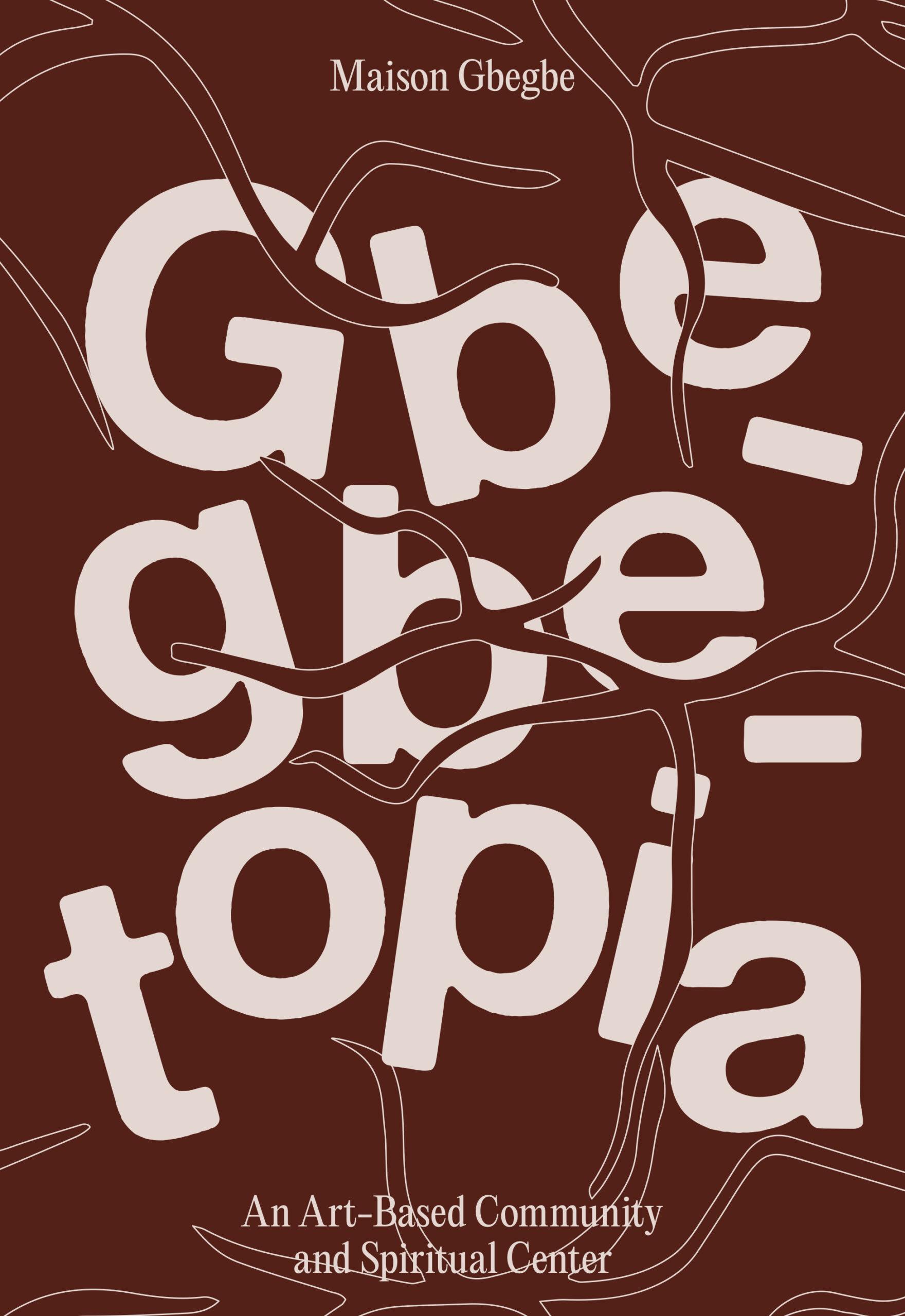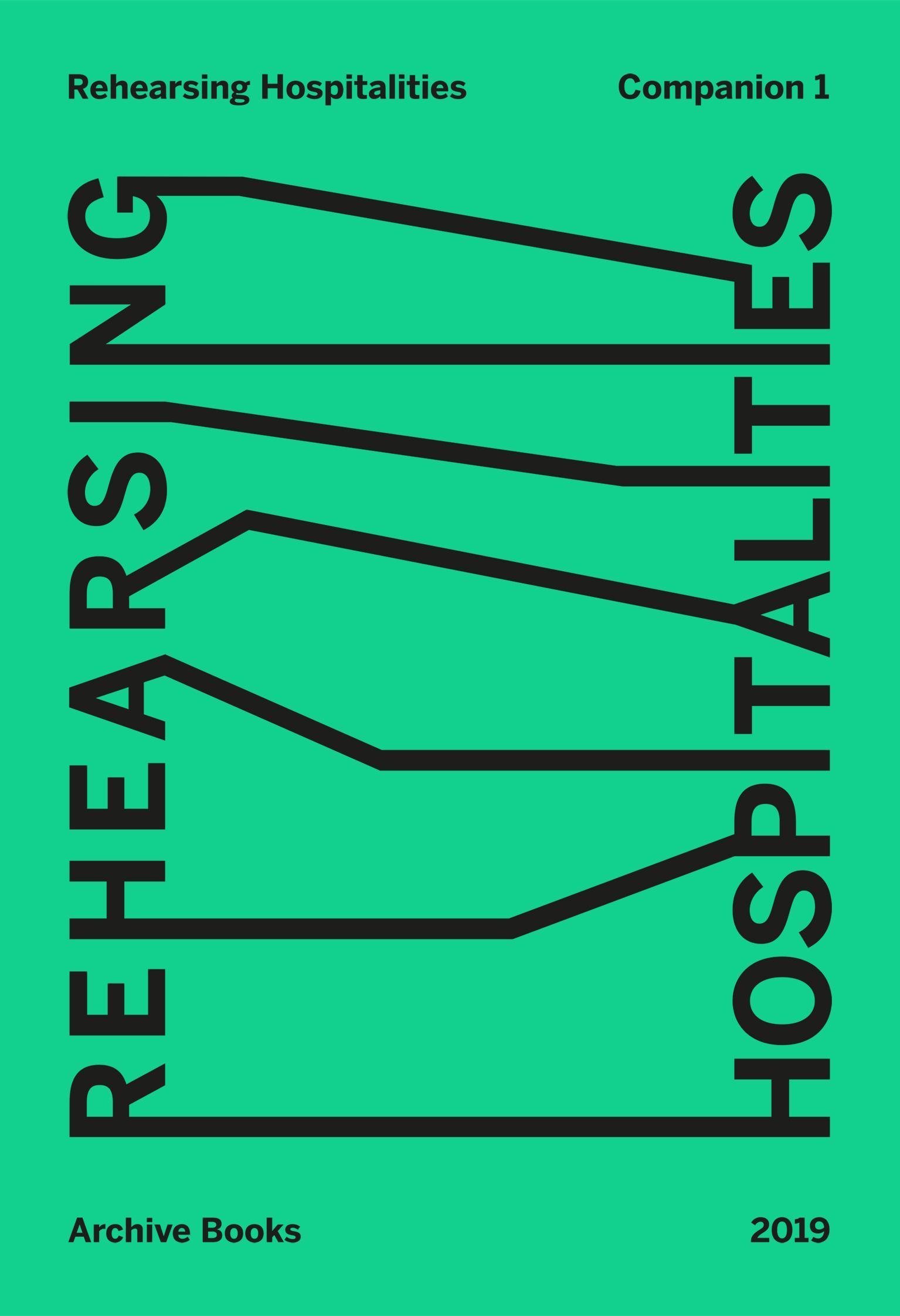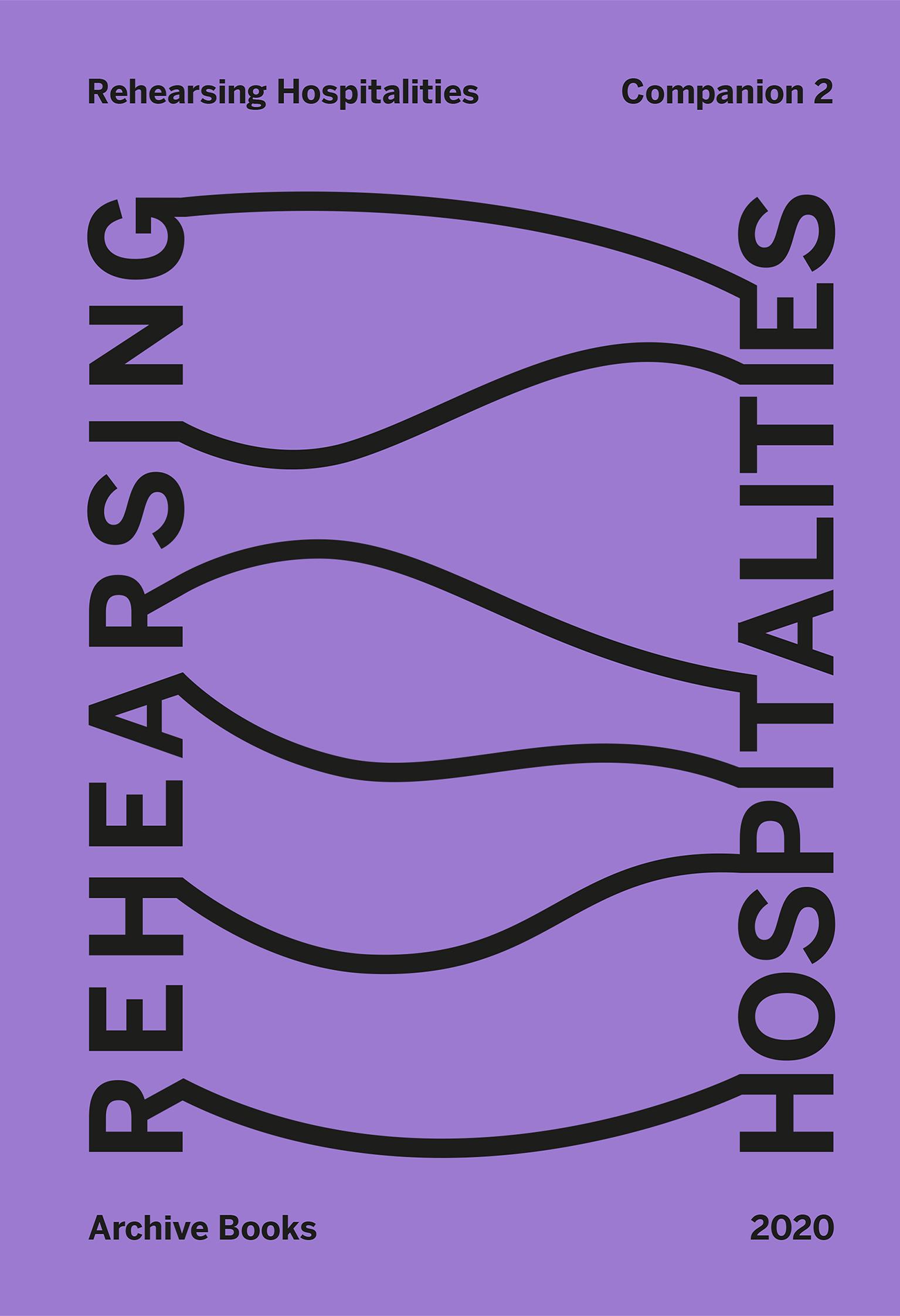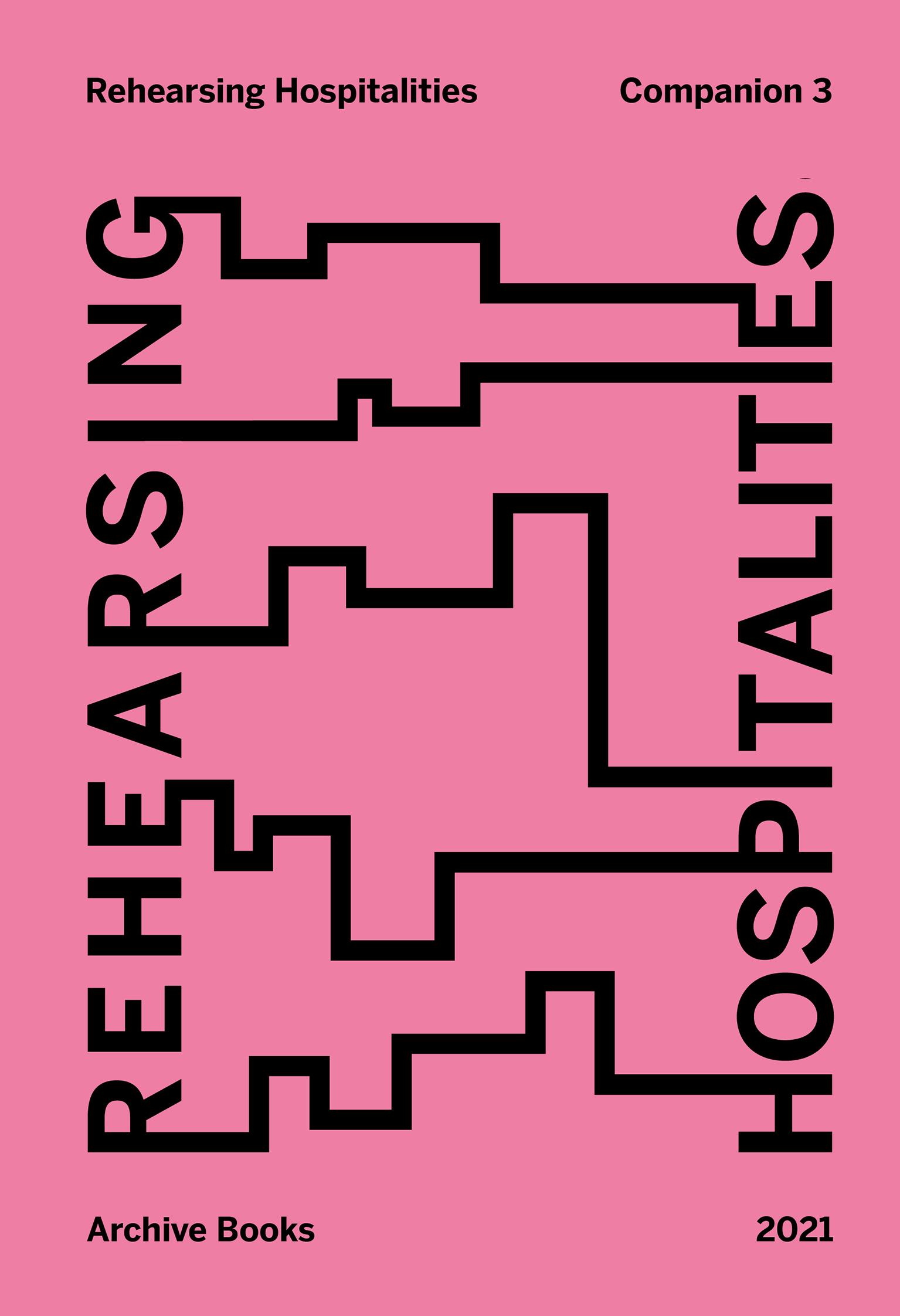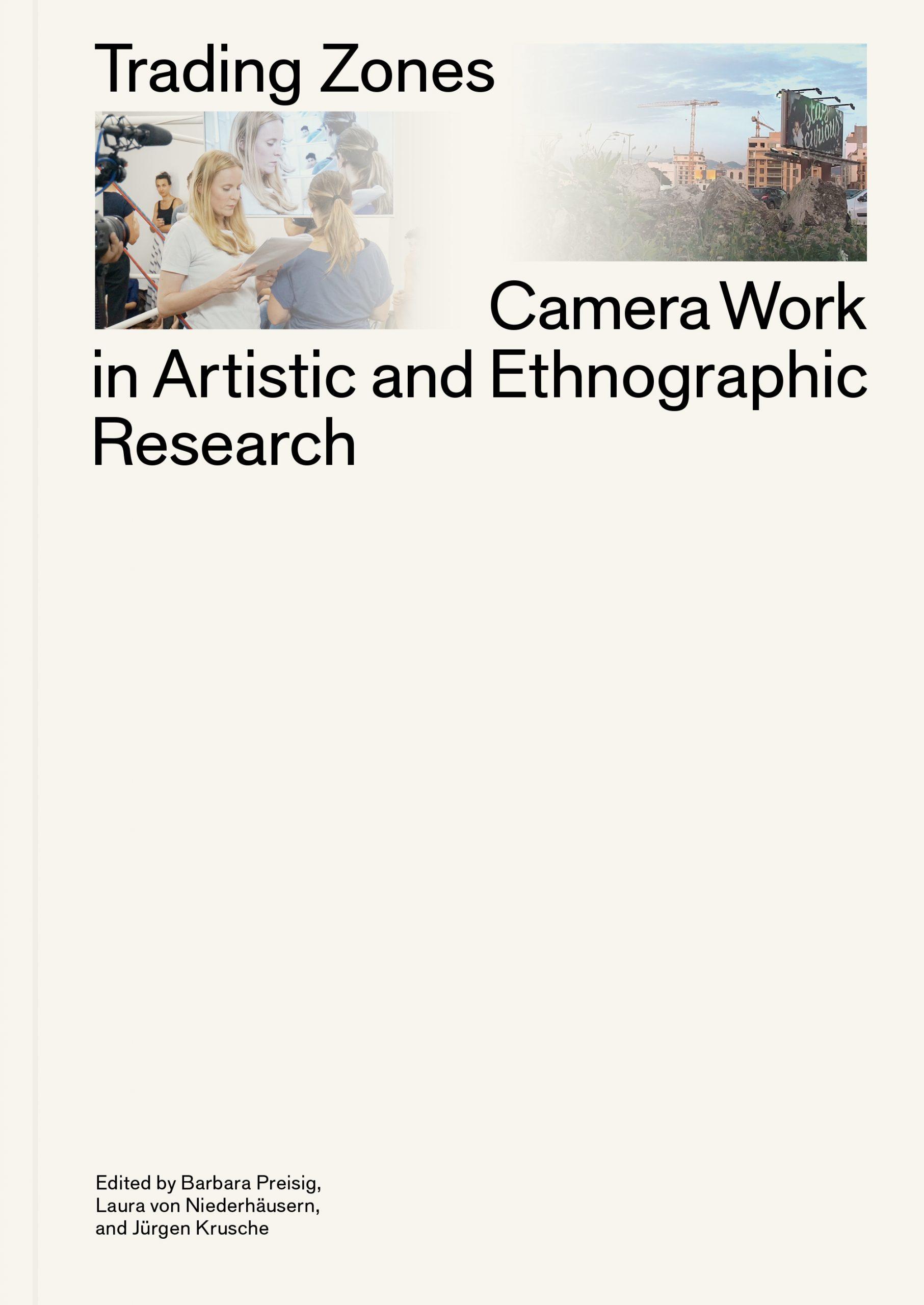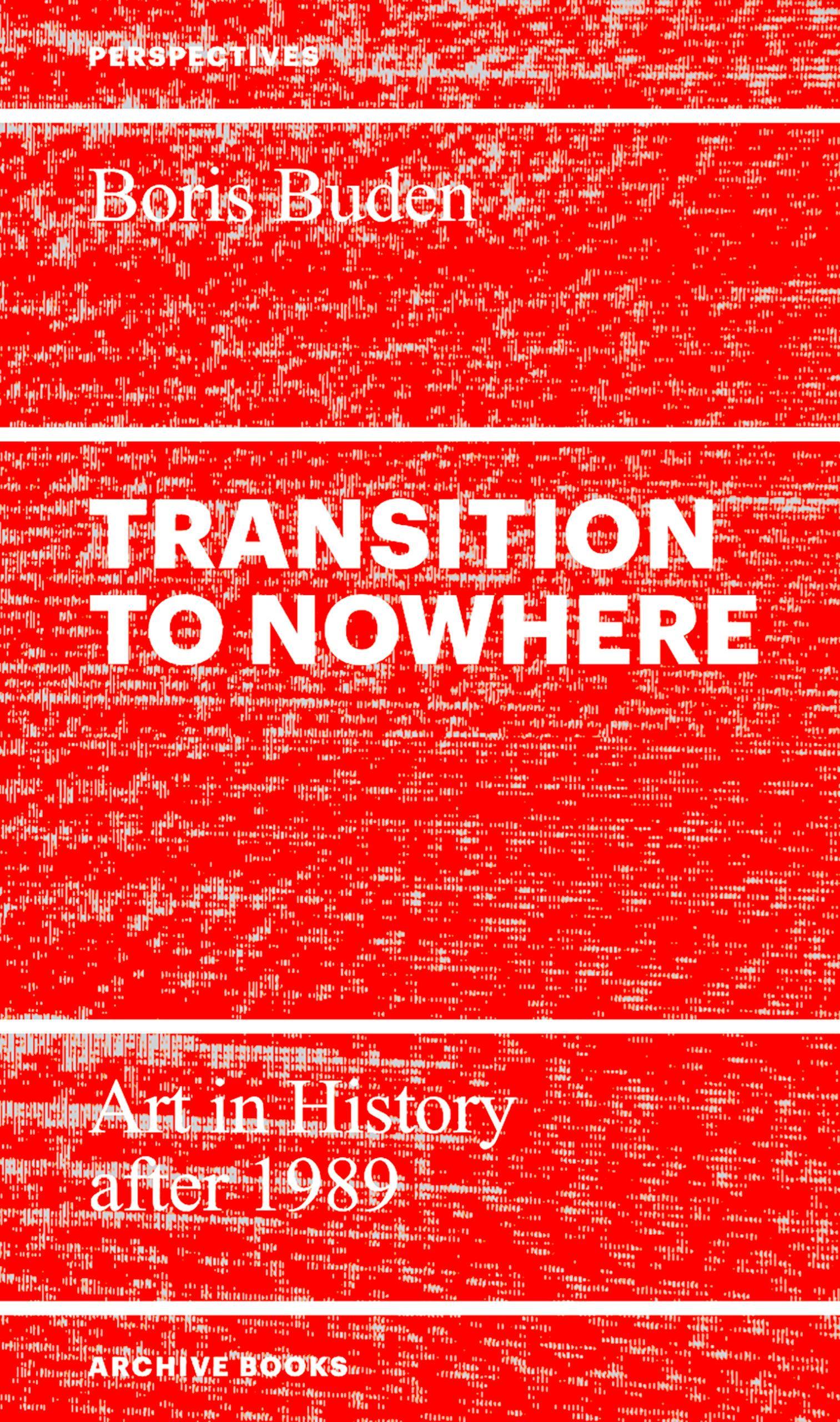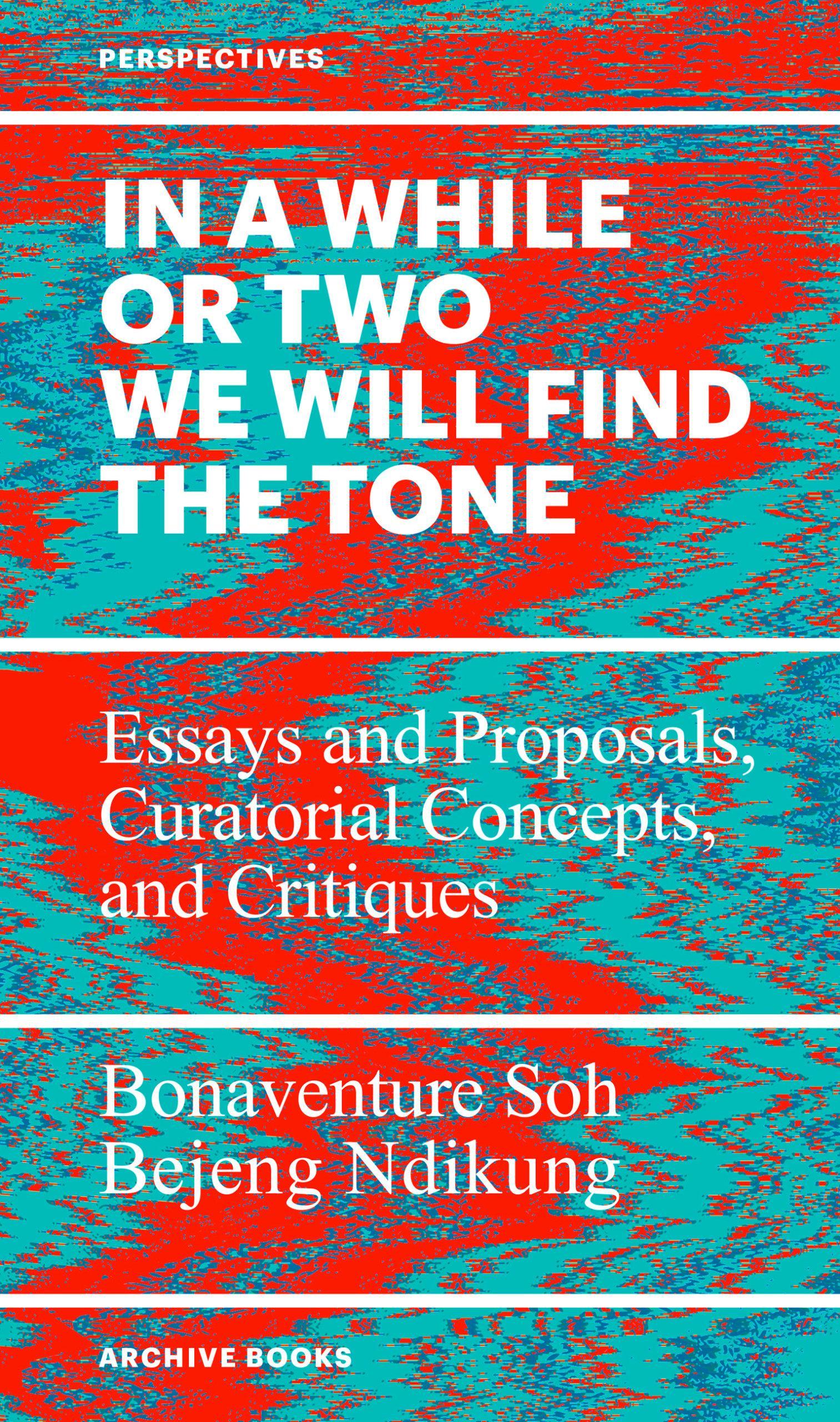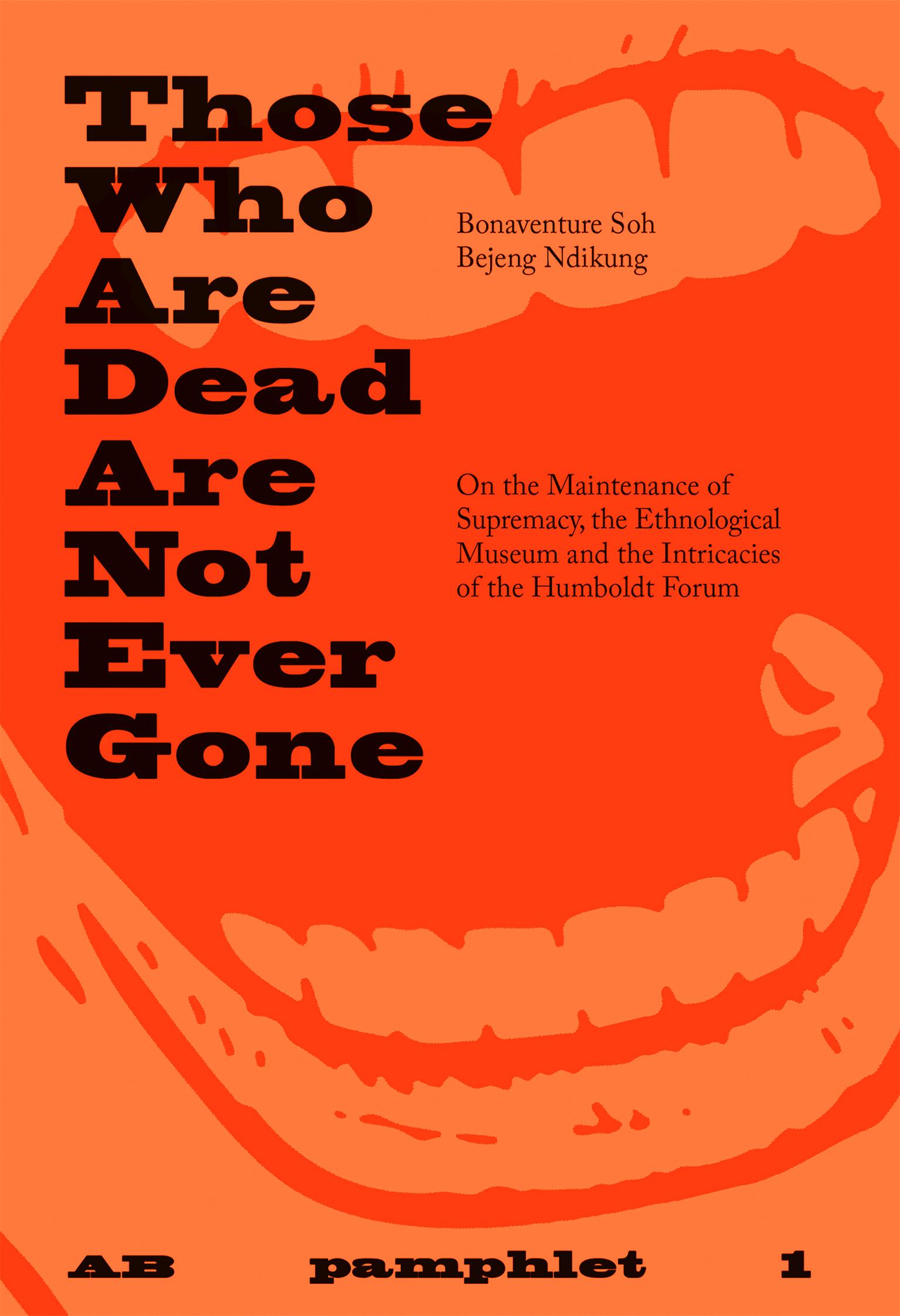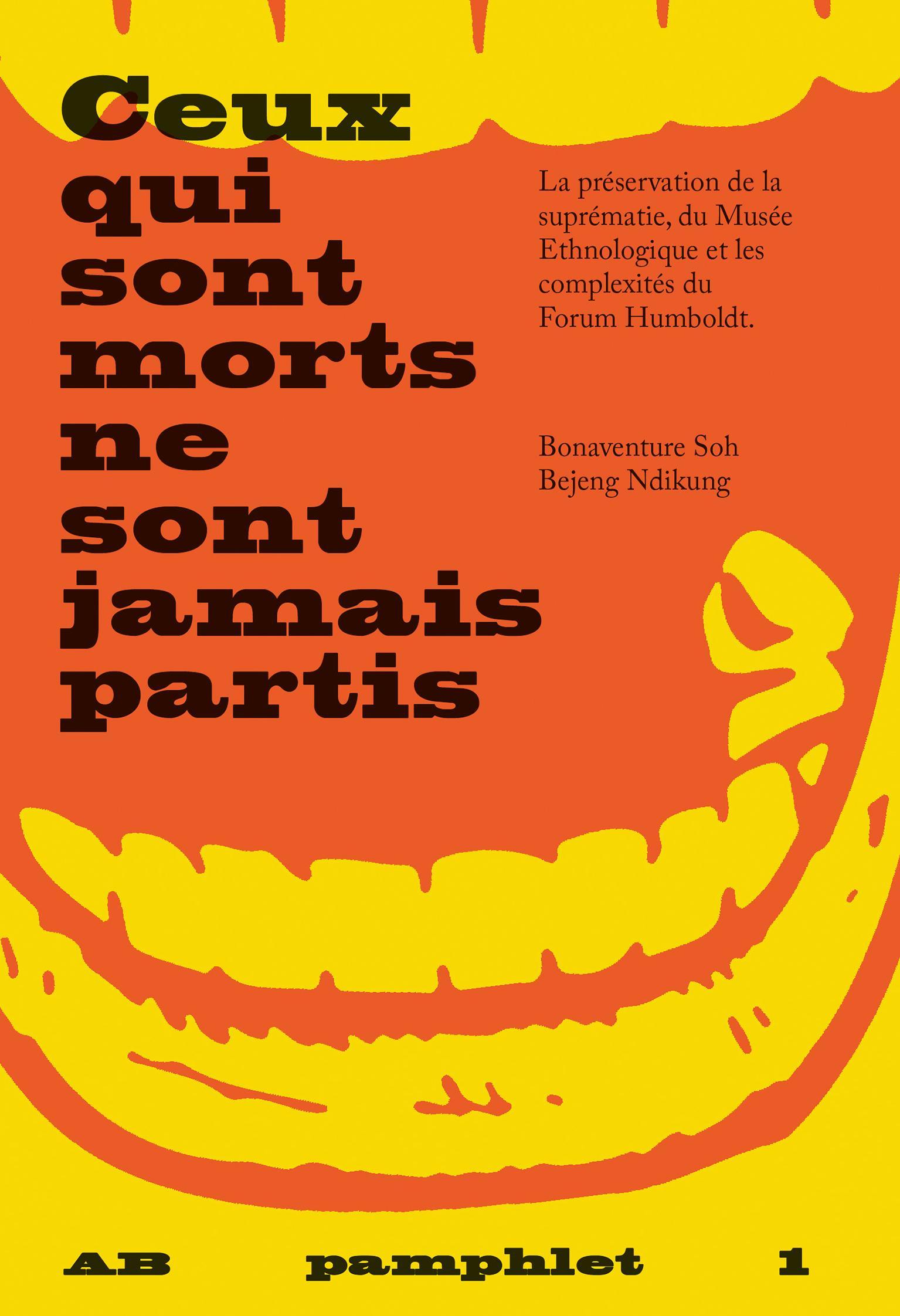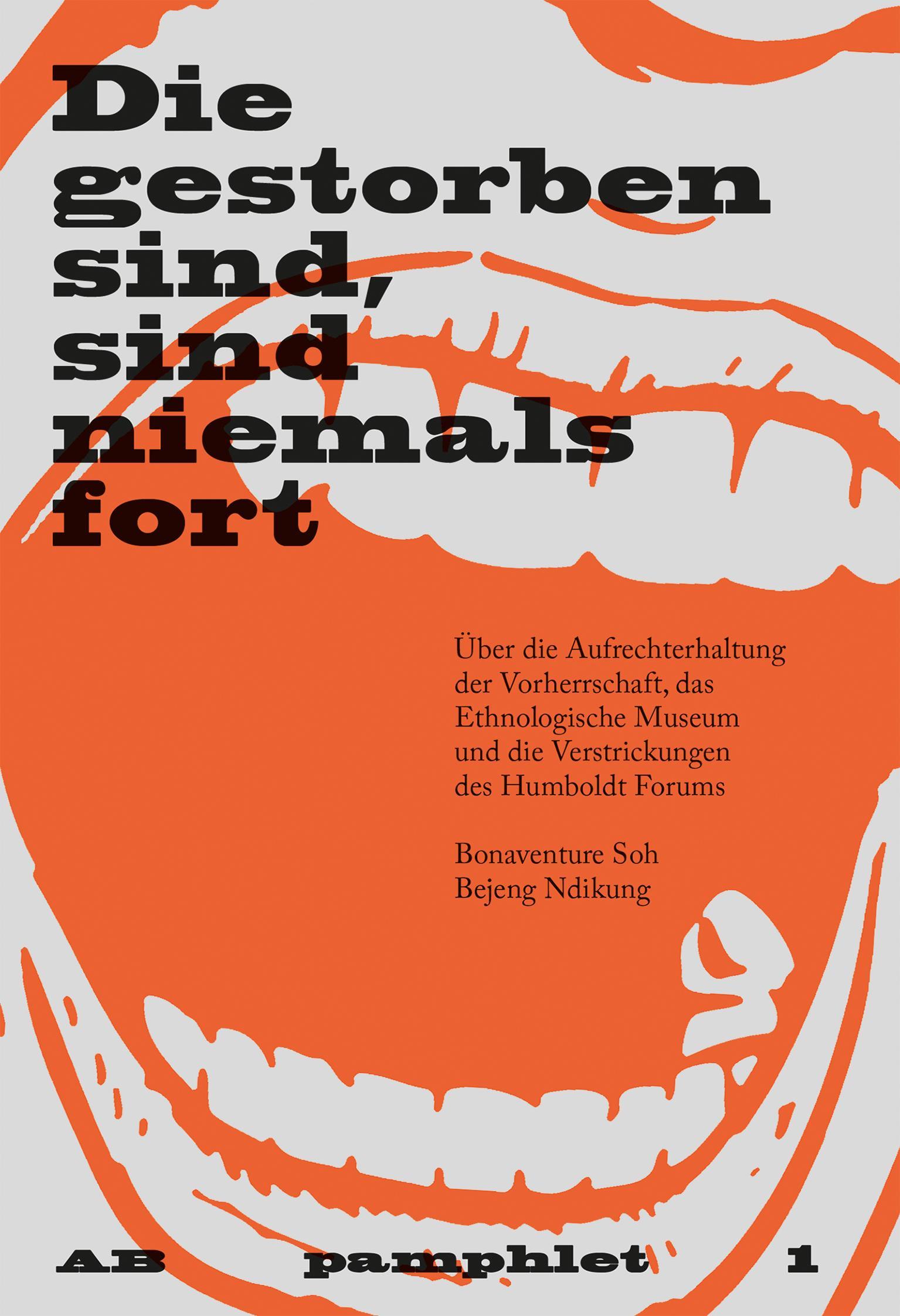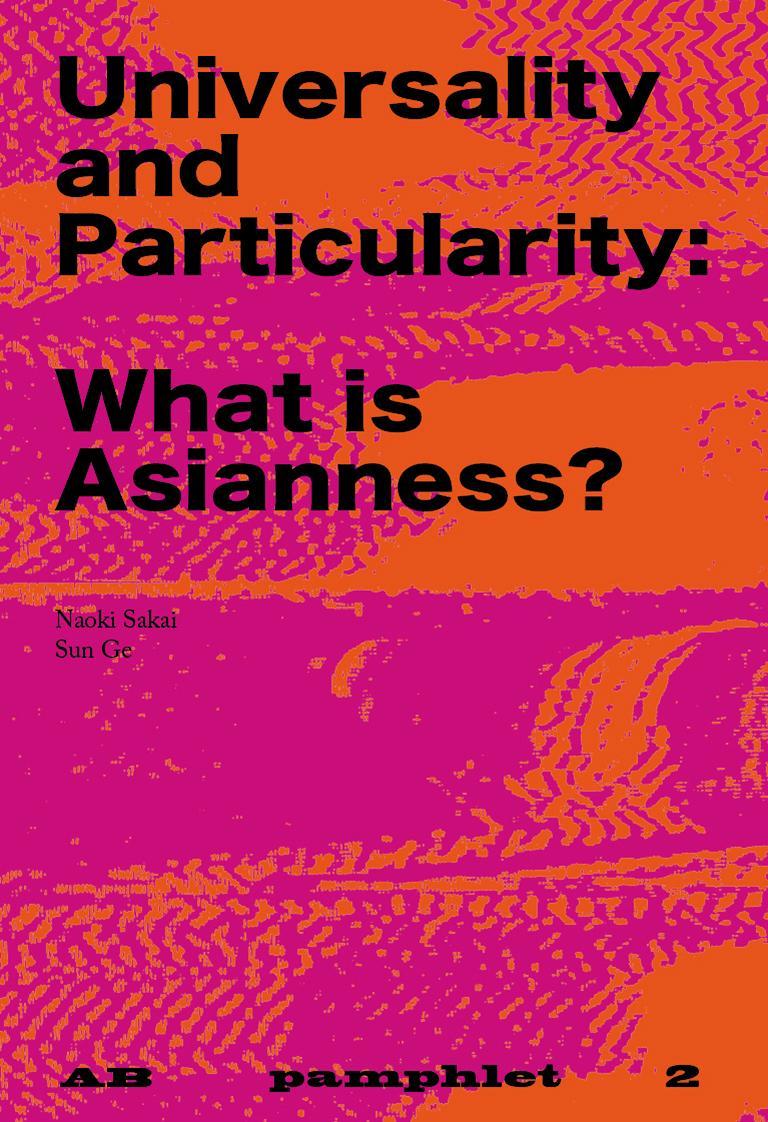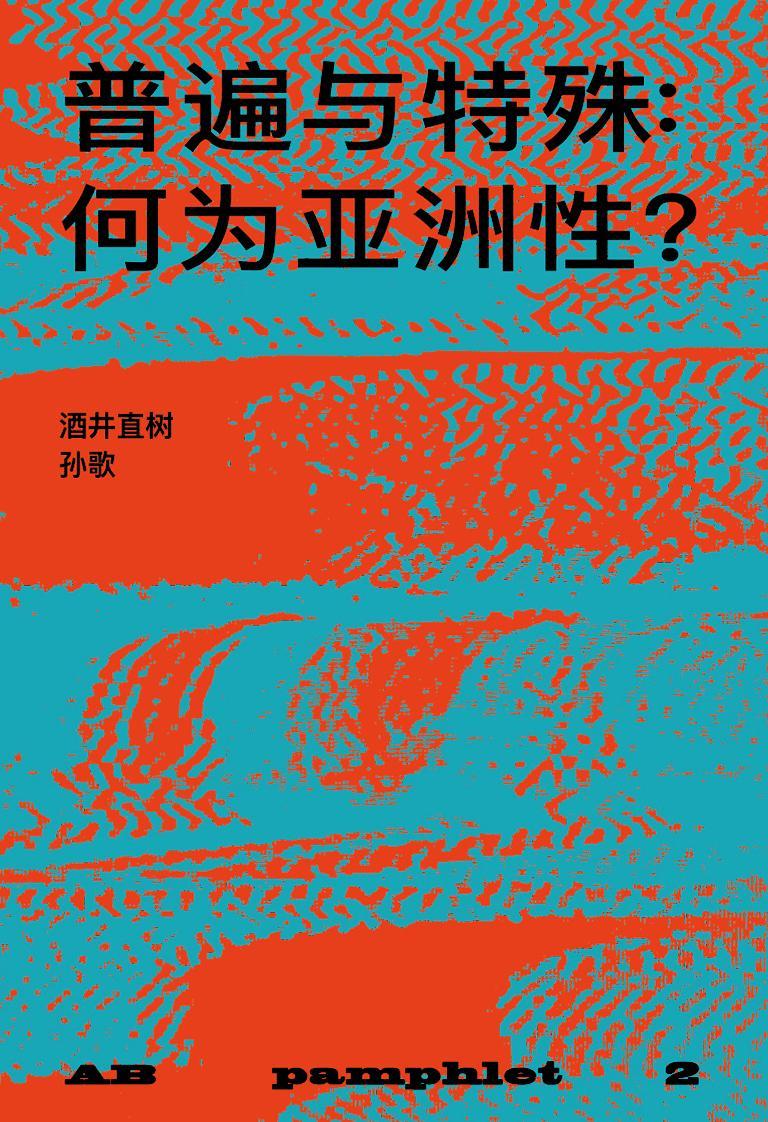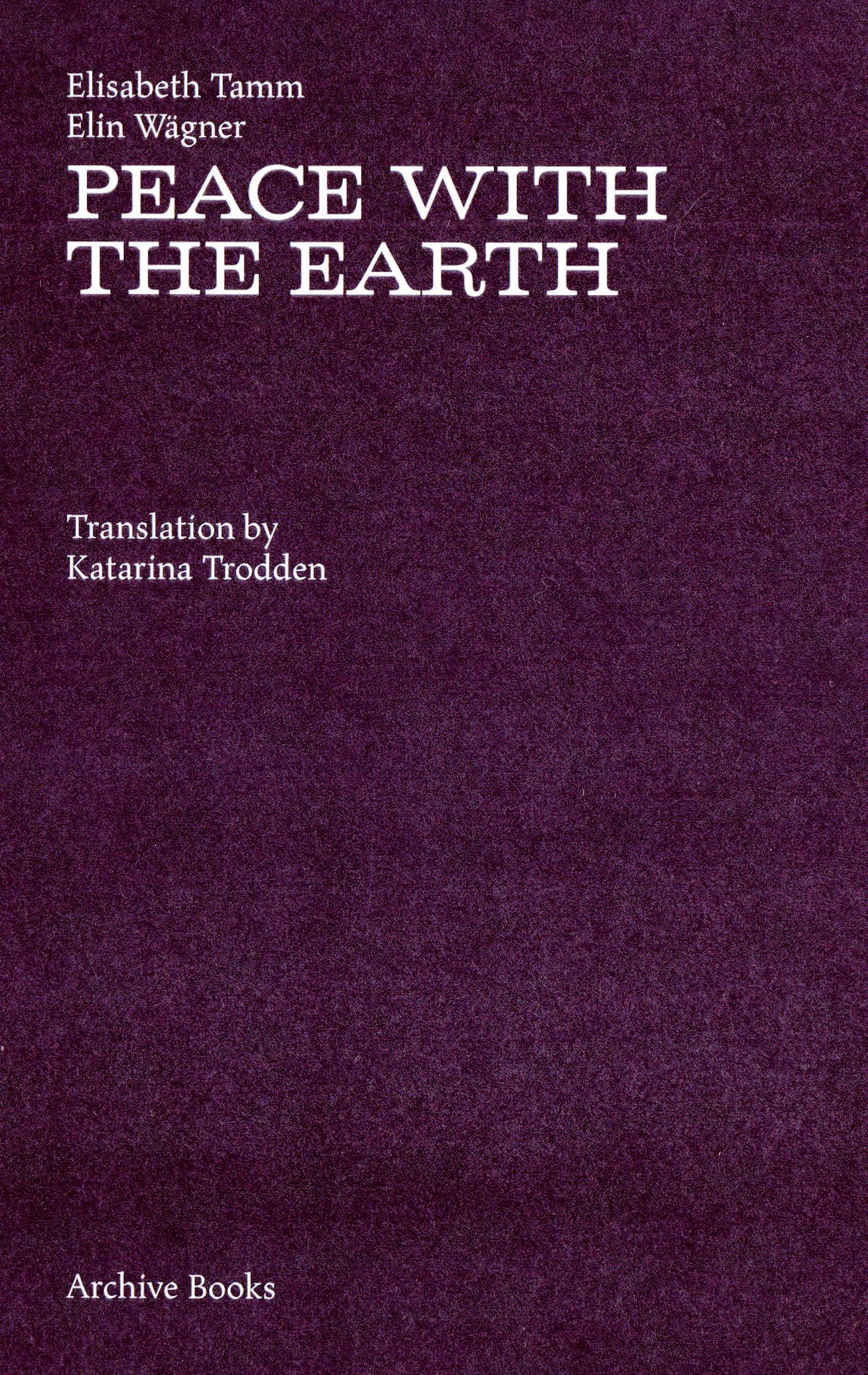HKW / Archive Books
The Nomadic Curriculum – A Manual Series
The concept and the practice of the Nomadic Curriculum relates transdisciplinary methodologies of knowledge production with situated archival contexts. On the theoretical level, it produces tools to analyse hegemonic relations of archival knowledge and institutional structures. Practically, it facilitates the development of alternative frameworks for collective research and sharing in and around archival institutions. The nomadic approach has the potential to relate holdings from different archival contexts and to connect the narrations that are usually limited by the boundaries of an institutional frame.
It is particularly the research beyond these peripheries and the constructive rendering of future alternatives of archival thinking that drives The Nomadic Curriculum – A Manual Series. The concept of this series in three episodes was developed and practised within the Whole Life Academy –an experimental research initiative within the framework of the long-term program The Whole Life. An Archive Project (2018-2022). Each volume is developing the approach of the Nomadic Curriculum further from a particular perspective and context: How can the Nomadic Curriculum be expanded into other existing and potential pedagogical settings? What can it propose in terms of a how-to for archival research? What are the contexts and contents of collective research and practice that form the foundation of such a curriculum?
In this section we will make books freely available to read, download, and share.
The free release of these books does not imply that we undermine the energy and labor necessary to produce them but we believe making research freely available to the public supports a greater exchange of knowledges.
Readers are free to share these books if the contribution is properly attributed and used for non-commercial purposes. We hope you will be mindful of the authors while downloading and using the material from this section. We are open for your inquiries if you want to re-use or republish any of these texts, or just to share comments on our programme.
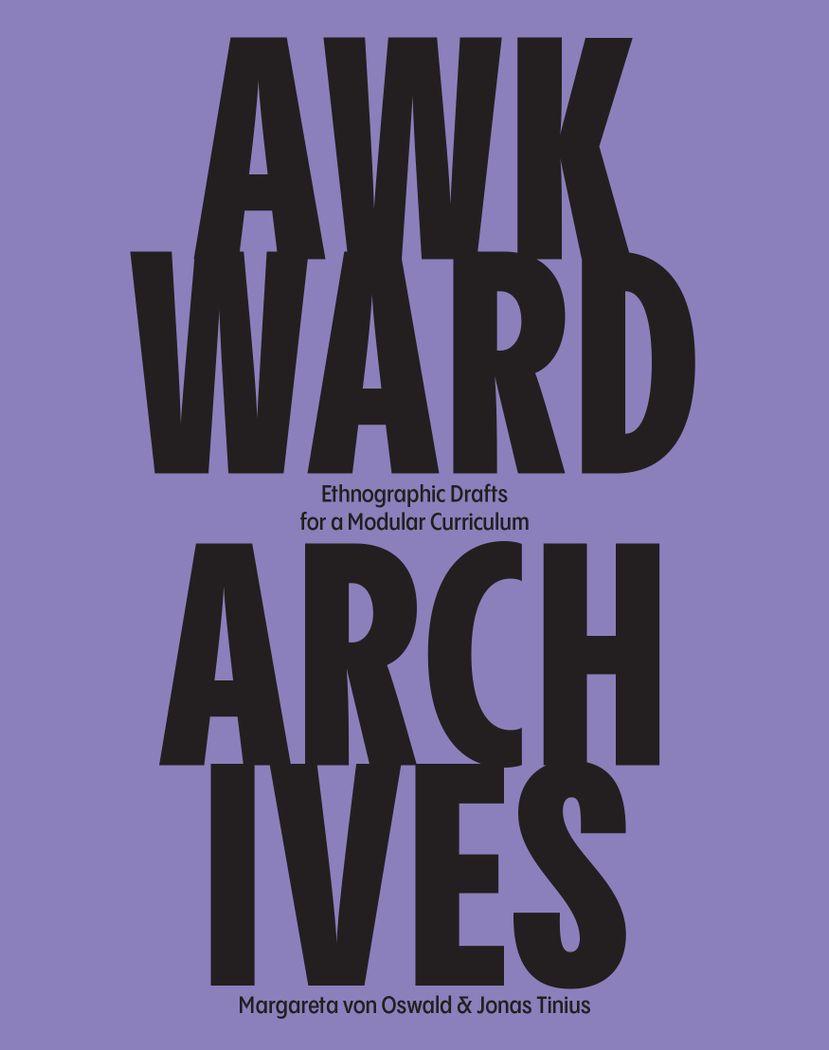
Awkward Archives proposes a manual for academic teaching and learning contexts. An ethnographic research approach is confronted with the demands of archival research as both disciplines challenge their inner logics and epistemologies. Through fieldwork and ethnographic tools and methods, both analogue and digital, the editors take various contemporary archival sites in Berlin as case studies to elaborate on controversial concepts in Western thought. Presenting as such a modular curriculum on archives in their awkwardness—with the tensions, discomfort and antagonisms they pose.
Read more
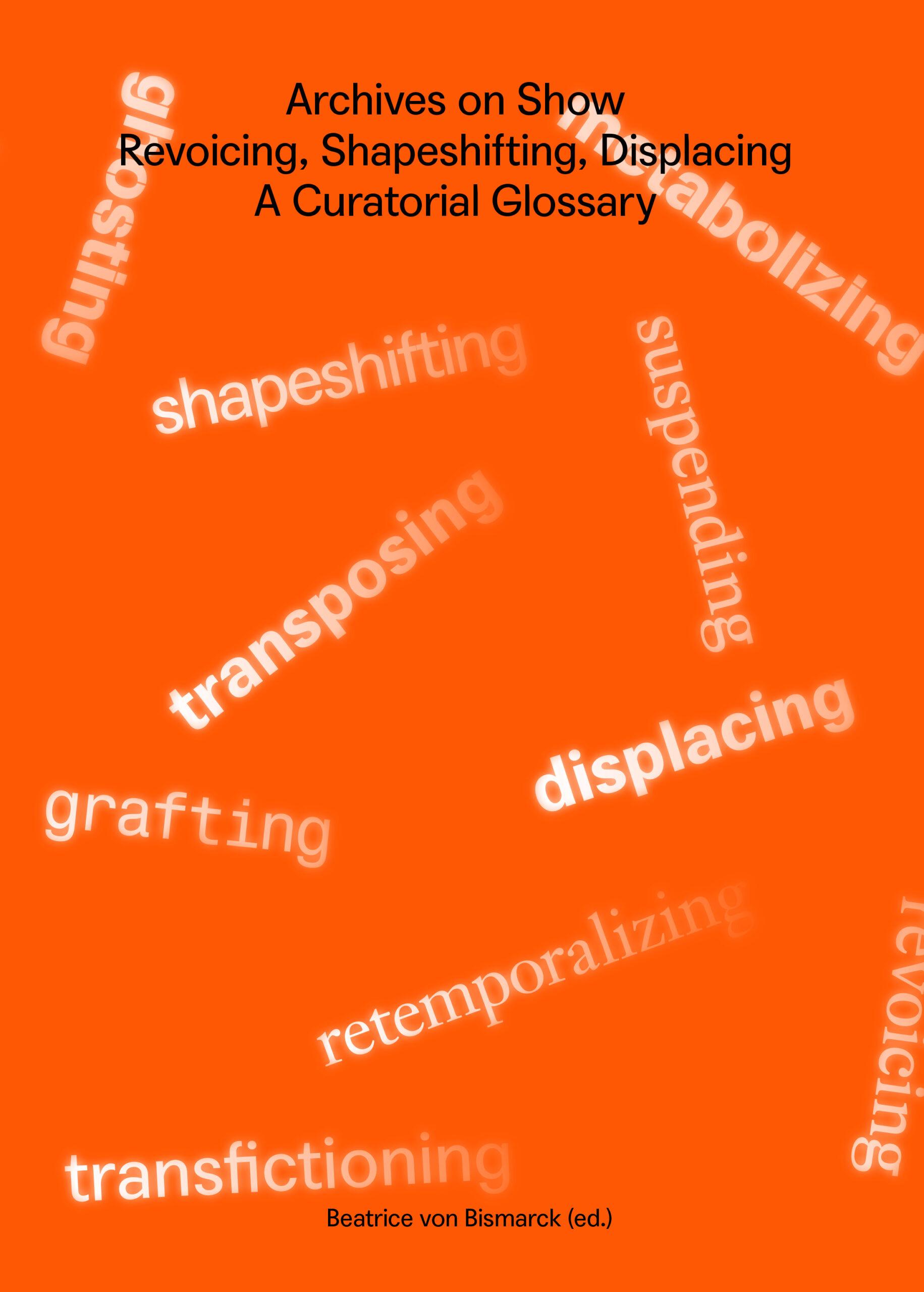
Archives on Show unfolds a curatorial approach in dialogue with questions on the archival. Bringing together a variety of approaches and positions, it looks into curatorial practices that take up the archive in its contemporary relevance against its social and political potentialities. The book itself can be read as a curatorial exercise, forming constellations of texts, images and keywords in a printed exhibition format.
Read more
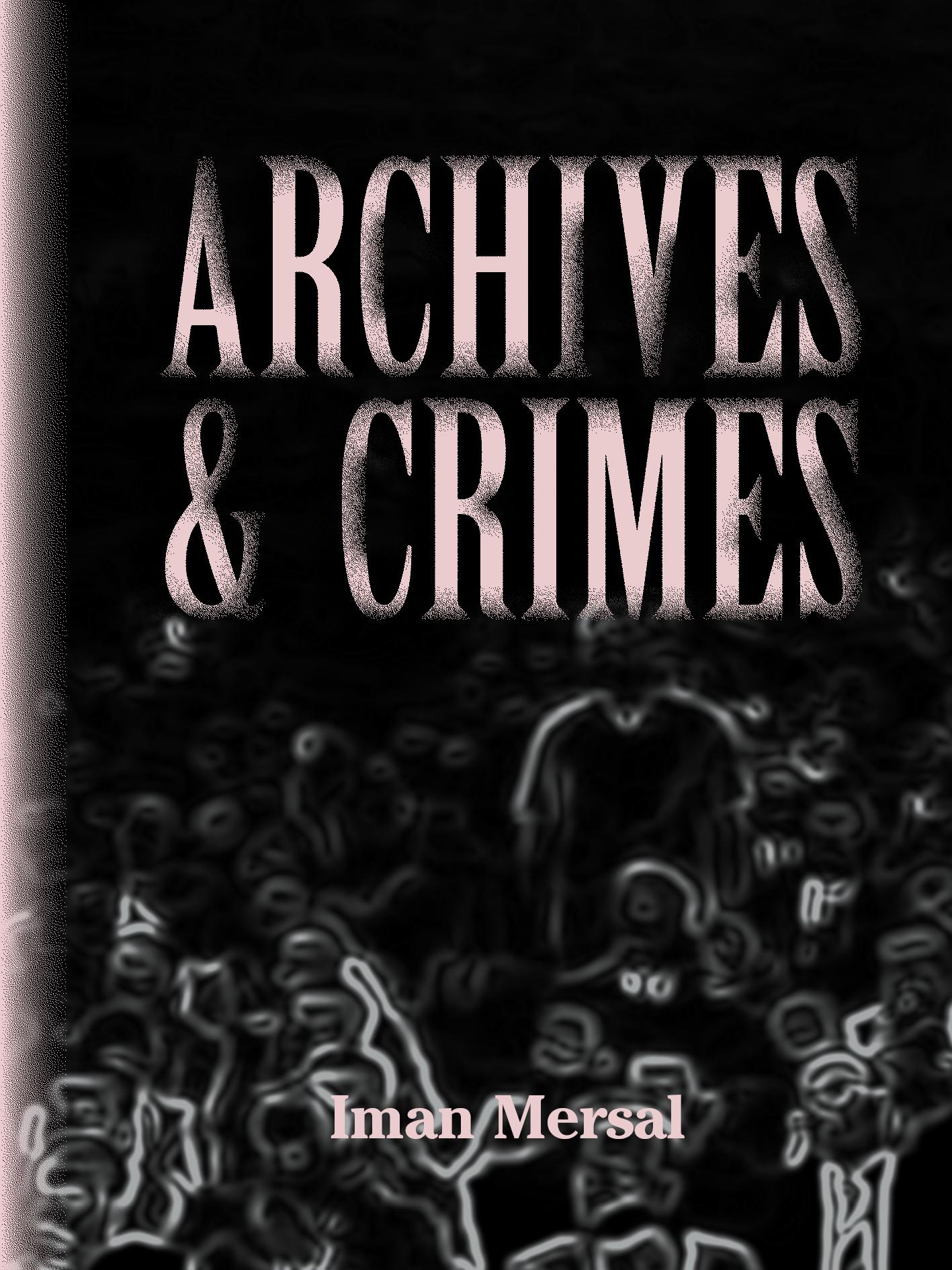
To enter a collective archive is to carry an anonymous corpse on your shoulders. You are not investigating how this corpse met its death but rather are trying to fill in the gaps that render it anonymous. The corpse is the researcher’s urgent, mysterious, or even inconsistent question that issues from the here and now but which lacks the language required to speak it.
Read more
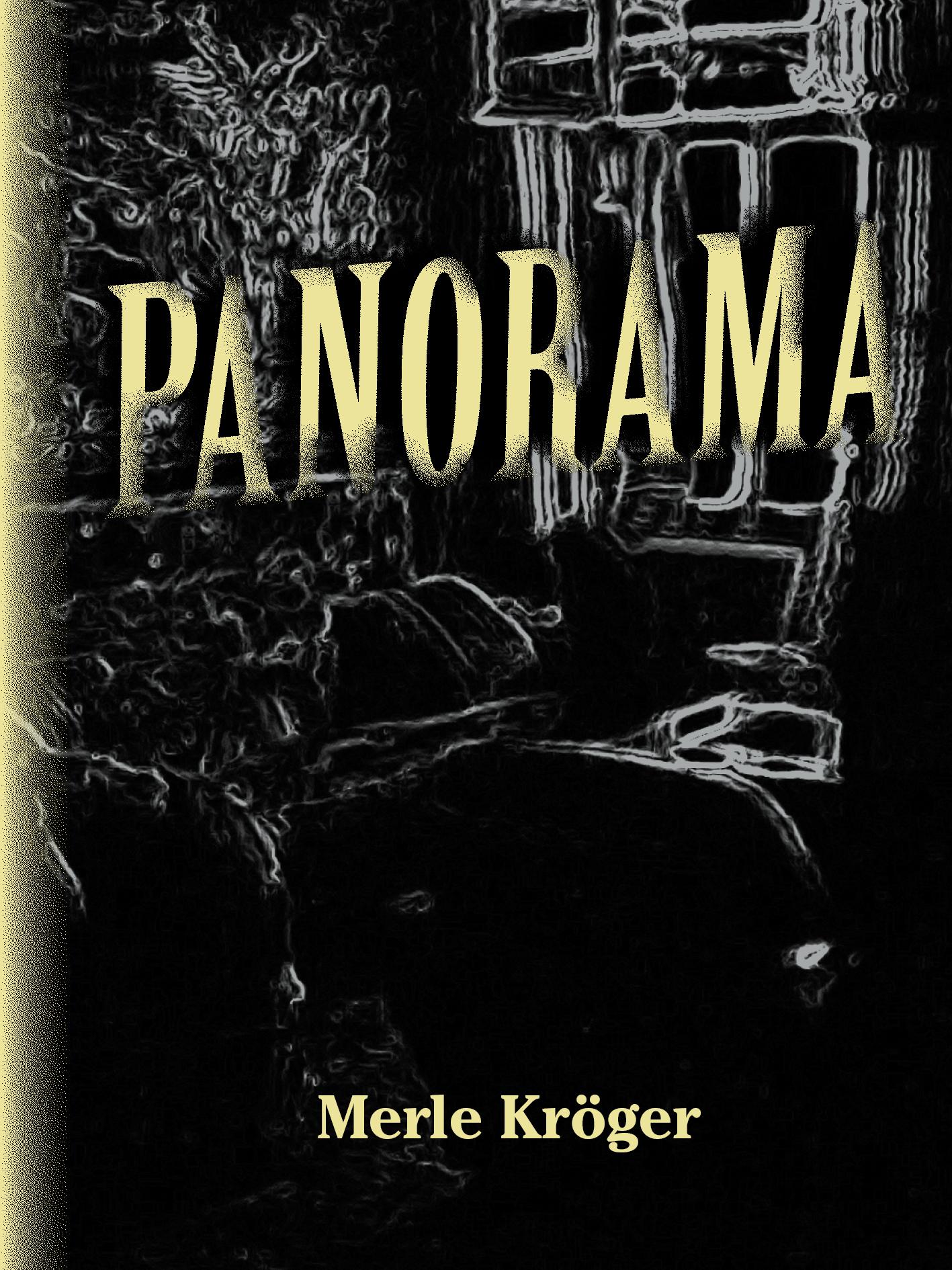
Navina Sundaram is sitting in the editing room in Hamburg. She has managed to reduce the complexity of the Kemal Altun case to the required 2 minutes and 40 seconds for the political magazine; a journalistic feat considering the legal terminology and the international political situation, which must be presented in simple terms. She places her interview with the judge at the back. The audience therefore first gets an impression of perhaps the best-known deportation prisoner of the republic on trial here.
Read more
Rehearsing Hospitalities connects artists, curators and practitioners in the field of contemporary art and beyond, to build up and mediate new practices, understandings, and engagements with hospitalities. It fosters critical discourse, pluralistic sharing and collaboration between divergent (artistic) practitioners in contemporary societies and supports the emergence of new paradigms and methods of political and cultural hospitality.
Now more than ever we need to be consciously (re)considering diverse forms of hospitalities and ways of being together. In these disconnected times marked by global crises, this edition of the Rehearsing Hospitalities Companion series turns towards questions of hospitality and access. Looking beyond normative and institutionalised understandings of access, this publication considers access from a manifold of approaches, perceptions and relations. With contributions from Camille Auer, Yvonne Billimore, Annet Dekker, Denise Ferreira da Silva, Aimi Hamraie, Hanna Helander, Jussi Koitela, Ali Akbar Mehta, Astrida Neimanis, Marietta Radomska, Marianne Savallampi, Laura Soisalon-Soininen, Minna Tarkka, and Touko Vaahtera. Rehearsing Hospitalities Companion 2 is a site for hosting and gathering, for coming together to re-visit, re-turn and re-configure worlds of hospitaties.
Hospitality, care, safety and security are matters intrinsically entangled, not simply through their definitions and overlapping meanings but as acts, practices, institutions, industries, infrastructures and systems of power. But for whom and what is security offered in arts and culture? As cultural workers could we/should we become more hospitable and caring towards matters of security and safety? Rehearsing Hospitalities Companion 3 is a site for meeting around matters of security, safety and care. With contributions from Karen Barad, Ama Josephine Budge, Yolande Zola Zoli van der Heide, Aslak Holmberg, Milla Kallio/FEMMA Planning, Christine Langinauer, Yates Norton, Nataša Petrešin-Bachelez & Elena Sorokina, Nat Raha, Shubhangi Singh, Elina Suoyrjö, Rosario Talevi, Jenni-Juulia Wallinheimo-Heimonen, Eero Yli-Vakkuri and the series editors, Yvonne Billimore and Jussi Koitela.
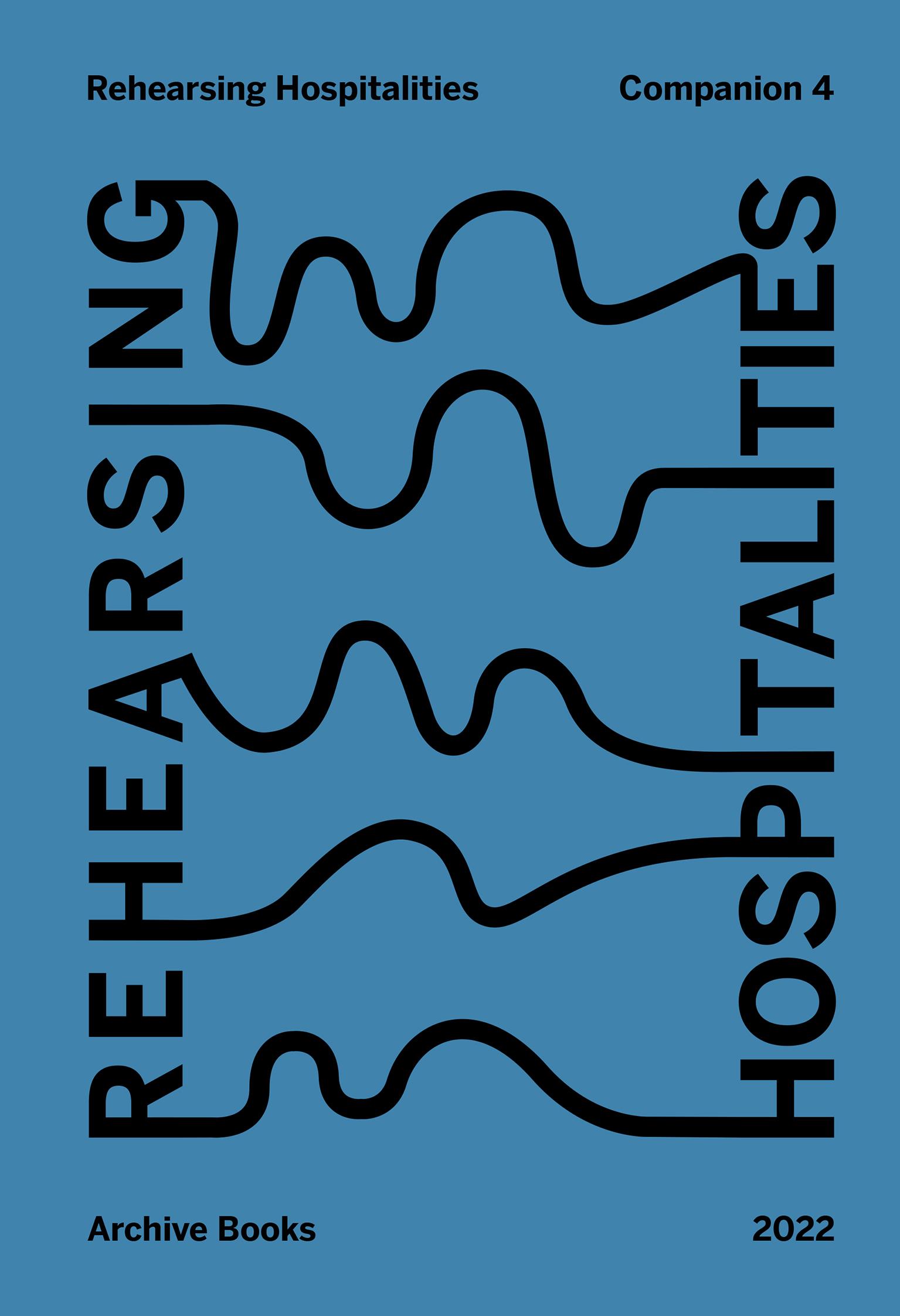
What are the possibilities and limitations of hospitality? Should we instead be turning towards “rehearsing” redistribution? This publication points towards the vast ways our lives and worlds could be organised through less hierarchical, extractive, and exploitative practices: with more love afforded to ourselves, one another, and our more-than human kin. It doesn’t provide all the answers, or a blueprint for a new world, but illustrates how people are doing this work now. Here redistribution is treated as a verb: a doing.
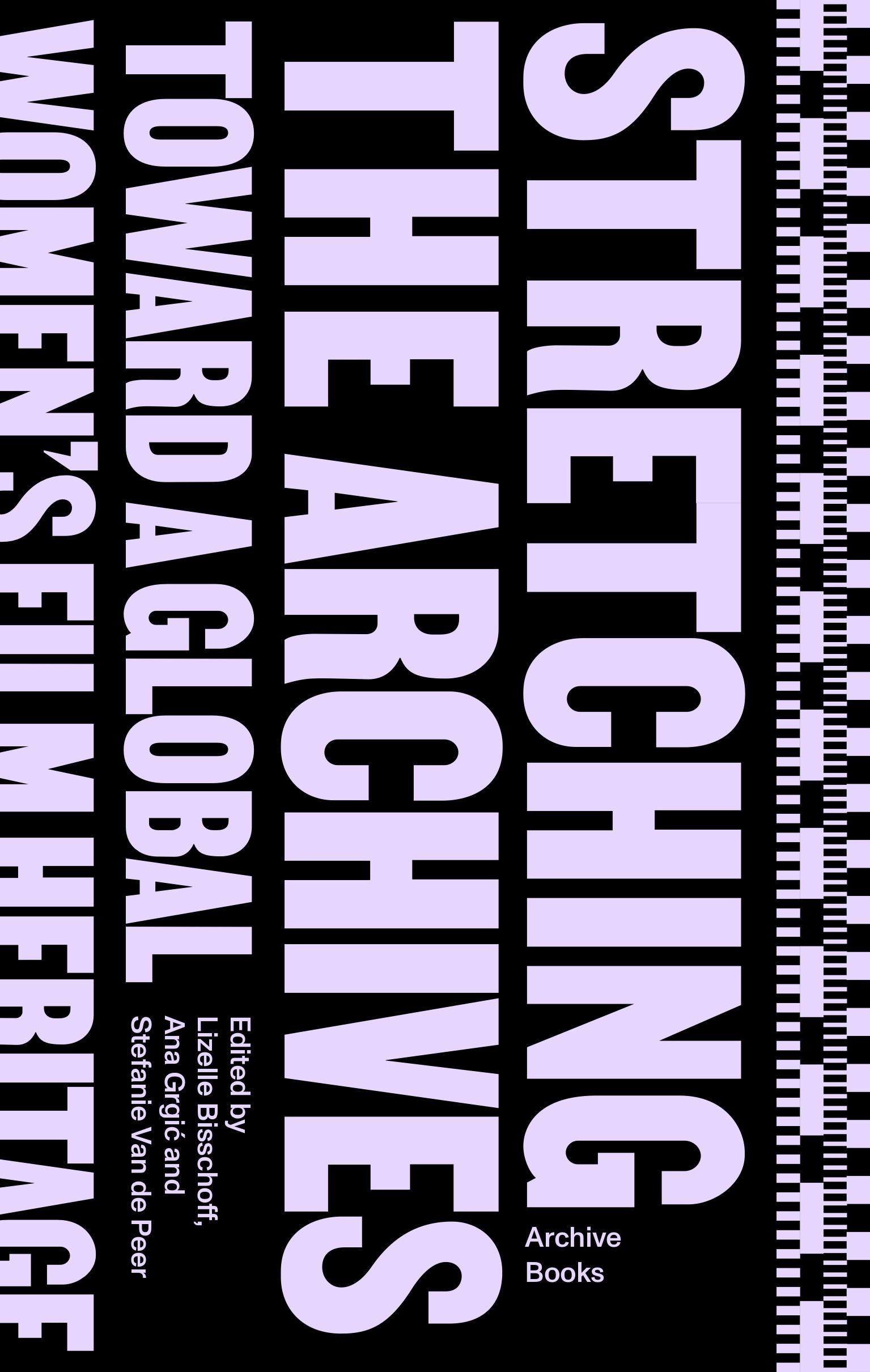
Stretching the Archives Toward a Global Women’s Film Heritage is the result of two years of networking, workshops, and conferences that aimed to bring together scholars, archivists, and filmmakers. The focus was on addressing gaps in our shared histories, with a particular emphasis on feminist cultural memory and film heritage in the Global South. Read more.
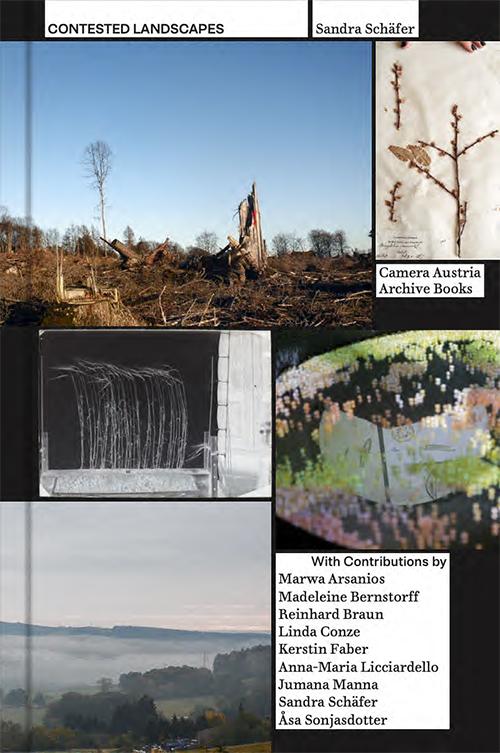
Contested Landscapes is dedicated to different rural regions—their landscapes, their producers, and their work. The paths of the family of the artist Sandra Schäfer and those of the famous German photographer August Sander cross in the Westerwald, a rural area in Germany shaped by farming and mining. Read more.
